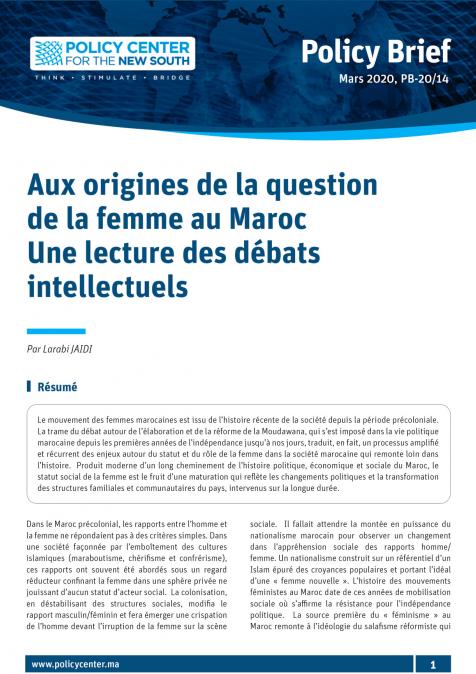To strengthen the role of youth as agents of community development, the Policy Center for the New South launched a year ago a call for projects grounded in new and innovative approaches to existing local problems. Girls-in-Biotech’s main goal is to create feminine friendly platforms and opportunities for empowering women scientists to enhance their participation in the biotech field in Africa. This will be attained through various strategies including the implementation of labs well equipped for capacity building, research & development, rapid prototyping...; organizing national biotech competitions; and establishing GIB clubs in universities and high schools.
Speakers









